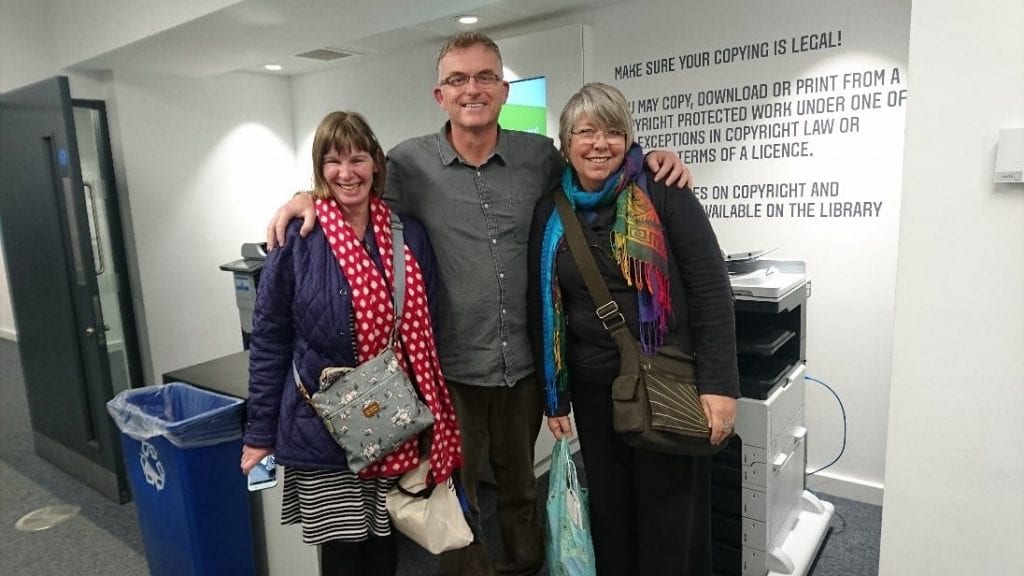March is women’s history month and the library blog is celebrating by featuring posts from authors around the university about the lives and writings of women. The third post in our series is by Emily Hanson, administrator for the School of History and Heritage. Thank you for writing for us, Emily! We would love to hear your comments and questions about the posts: please tweet us @GCWLibrary, email us at library@lincoln.ac.uk, or tell us your thoughts in the comments section at the end of the post.
How young adult literature is clapping back to misogyny (and how this supports those most in need of advocacy)
I recently found myself writing a defense of young adult literature on my blog. I have always argued for the importance of high quality, relevant teen literature (or YA–Young Adult), not just for teens but for all of ages. At first glance, literature written from a teenage perspective offers the potential for representation that young people may not find elsewhere in traditionally published writing, alongside facilitating empathy for the modern teen experience. Beyond this, however, I argue that YA is a fantastic vehicle for exploring some of life’s most challenging experiences through the lens of those in a life phase where these experiences are new and deeply felt. In the context of women’s history, YA writing provides an excellent opportunity to empathetically ‘clap back’ to misogynistic issues faced by the young women of 2020.
Continue reading “How young adult literature is clapping back to misogyny”
